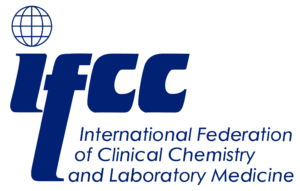Purpose
Dynamic biomarker monitoring may inform pathways for treating -T790M-positive non-small cell lung cancer (NSCLC) and central nervous system (CNS) metastases with osimertinib. This study aimed to determine the efficacy and safety of osimertinib for real-world patients with -T790M NSCLC and CNS metastases and to explore potential circulating biomarkers of therapeutic response.
Patients And Methods
APOLLO (ClinicalTrials.gov registration: NCT02972333) was a prospective, single-arm, open-label trial which ran from January 2017 to April 2019. Eligible patients had confirmed -T790M-positive NSCLC, prior treatment with an EGFR-tyrosine kinase inhibitor, and CNS metastases. All enrolled patients received oral osimertinib 80 mg once daily until disease progression or intolerable toxicity. Primary outcome was overall progression-free survival (PFSo) and secondary outcomes included objective response rate (ORR) and adverse events (AE). Exploratory biomarker analysis involved collection of plasma and cerebrospinal fluid (CSF) samples for next-generation sequencing and drug penetration analysis.
Results
From January to September 2017, 38 patients were enrolled. After a median follow-up of 8.2 months (range, 0.07-15.6), 23 (60.5%) of 38 patients had disease progression or death. Median PFSo was 8.4 months [95% confidence interval (CI), 5.8-10.9]. Overall ORR was 39.4%. Twelve (31.6%) of 38 patients had ≥1 grade 3-4 AE. Median osimertinib CSF penetration rate was 31.7%. Patients with undetectable plasma mutations at week 6 had improved PFSo compared with those with detectable mutations (not reached vs. 4.5 months; 95% CI, 0.0-1.1; < 0.05).
Conclusions
Osimertinib had potent activity against -T790M-positive NSCLC with CNS metastases. Dynamic monitoring of plasma may suffice for predicting clinical responses, mitigating the need for repeat CSF biopsy..

